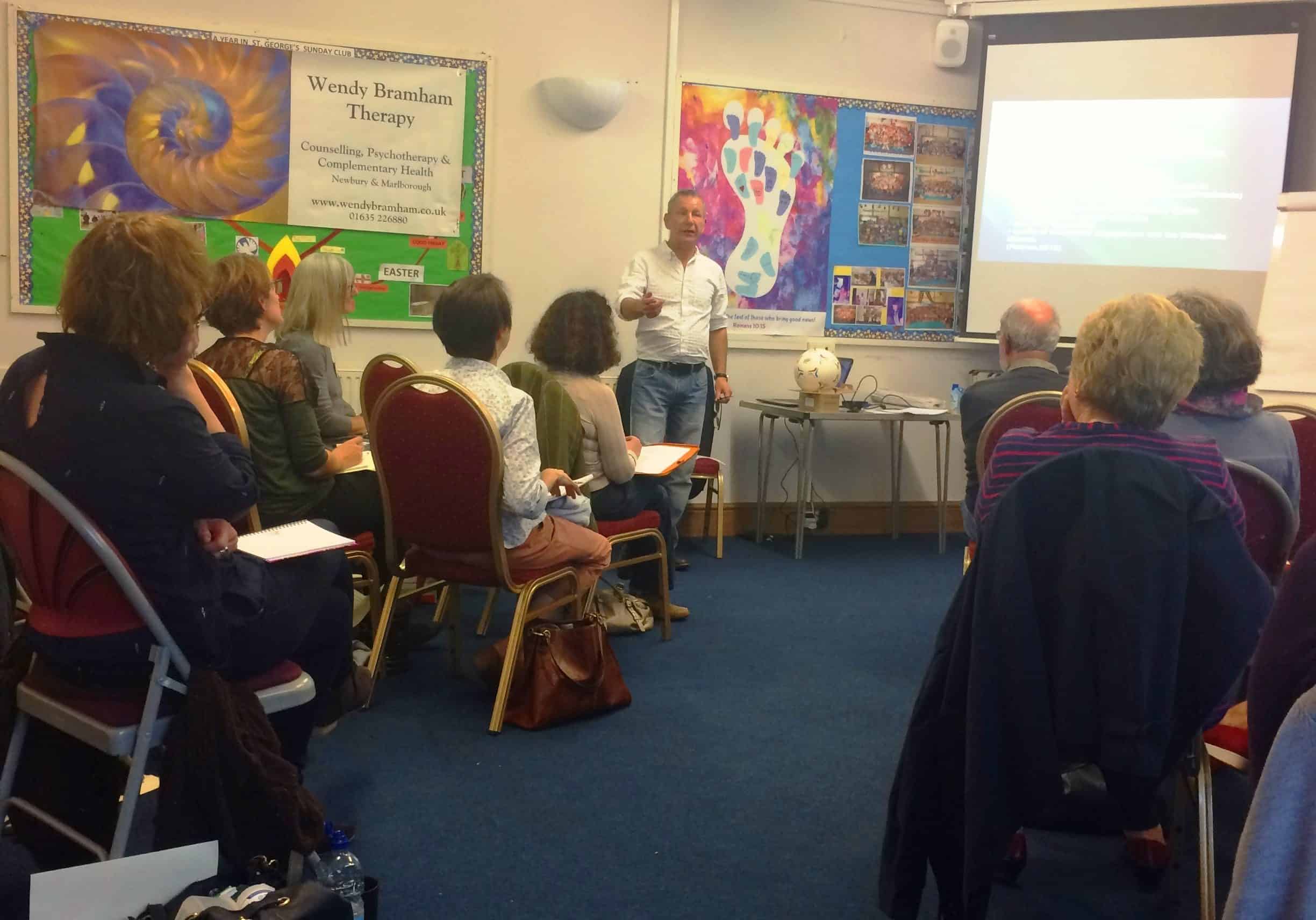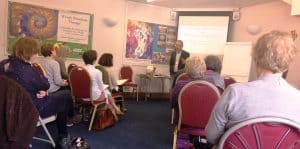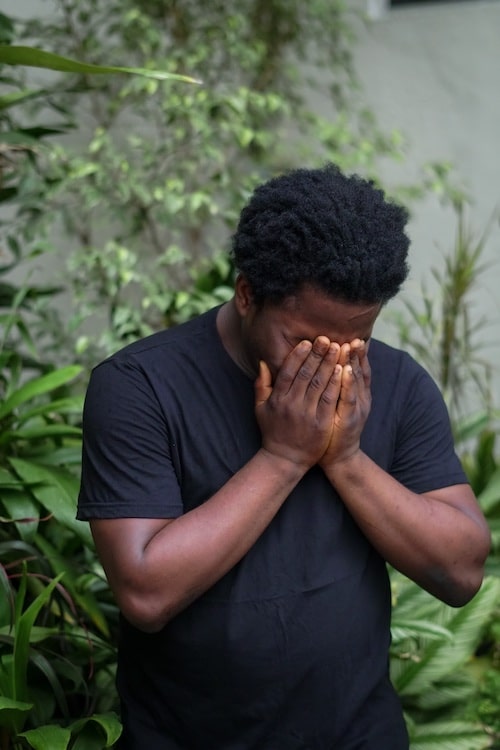We enjoyed an interesting and thought provoking in-person seminar with our host, Briony Martin. The…

Working with Self-Harm and Suicidality with Pete Holloway (Oct 2017)

Having looked forward to this seminar on self-harm and suicide with Pete Holloway since it was first mooted, I found that I wanted to take a few days after attending to process the experience. It felt as though it bordered on the transformational and I believed that it was worthwhile to just allow that post-seminar glow to recede if it was going to do so?
A week on, and I have to say that it still feels as though it borders on the transformational. The shifts in perspective it generated for me by examining what self-harm might mean for clients- what and who might be being harmed and who might be doing the harming- by taking a more object relations and existential tack- were truly “lightbulb” moments for me and have already enhanced my clinical practice. The concept that the body becomes the projective tool for what might be going on in the mind; that what is going on in the psyche might be enacted in or on the body sounds simple and yet it was remarkably illuminating.
It was also extremely helpful to address the therapeutic challenges and the “institutional anxiety” that might arise around suicidailty as we work with our clients. Whether we work within an agency as part of a team or whether we are the institution itself as sole practitioners, being able to explore how to work relationally without becoming hamstrung or paralysed by potential consequences around working with such serious issues and behaviours was incredibly valuable.
Looking more closely at risk factors and approaches to risk appraisal when working with the “suicidally contemplative” was also very beneficial in terms of being able to work effectively and appropriately in these areas.
This was an amazing seminar dealing sensitively and helpfully with the complex and challenging issues around self-harm and suicide. Pete brought a generosity and warmth to this work which made it accessible and, well, do-able. I am SO glad I attended and have left with the gift of a deeper and more reflective way of “being” with this aspect of therapeutic work and pathways of thinking on this subject theoretically opened to me.
Pete listed some key influences on his thinking and I wonder if it might be helpful to share them:
Felicity de Zulueta: From Pain to Violence
Irvin Yalom: Existential Psychotherapy
Wilfred Bion: A Theory of Thinking
Melanie Klein: Love, Guilt and Reparation
Judith Herman: Trauma and Recovery
I know I’ll be adding these to my reading list!
By: Merri Mayers,
October 2017
We were thrilled with the excellent feedback. 20 out of 21 delegates voted 5 out of 5 on all three questions to give these overall results:
Overall assessment of event: 4.95 out of 5
Speaker: 4.95 out of 5
Value for money: 5 out of 5
Delegates feedback:
- “You have been highly informative and have re-ignited my interest and passions in this field of mental health and therapeutic interactions.”
- “What an excellent day – Pete has a breadth of knowledge and a great human, realistic approach to therapy”
- “I liked the group–size, helpful to promoting an atmosphere where engagement and participation is possible. Wonderul speaker dealing with a difficult, painful topic in a positive way that affirms the therapist’s competence.”
- “Excellent speaker, clearly an expert; enjoyable and enlightening about a sombre and disturbing subject”
- “Pete has been so informative, interesting, engaging and funny – so interesting. I would definitely attend another of his courses.”
Wendy Bramham
October 2017




This Post Has 0 Comments